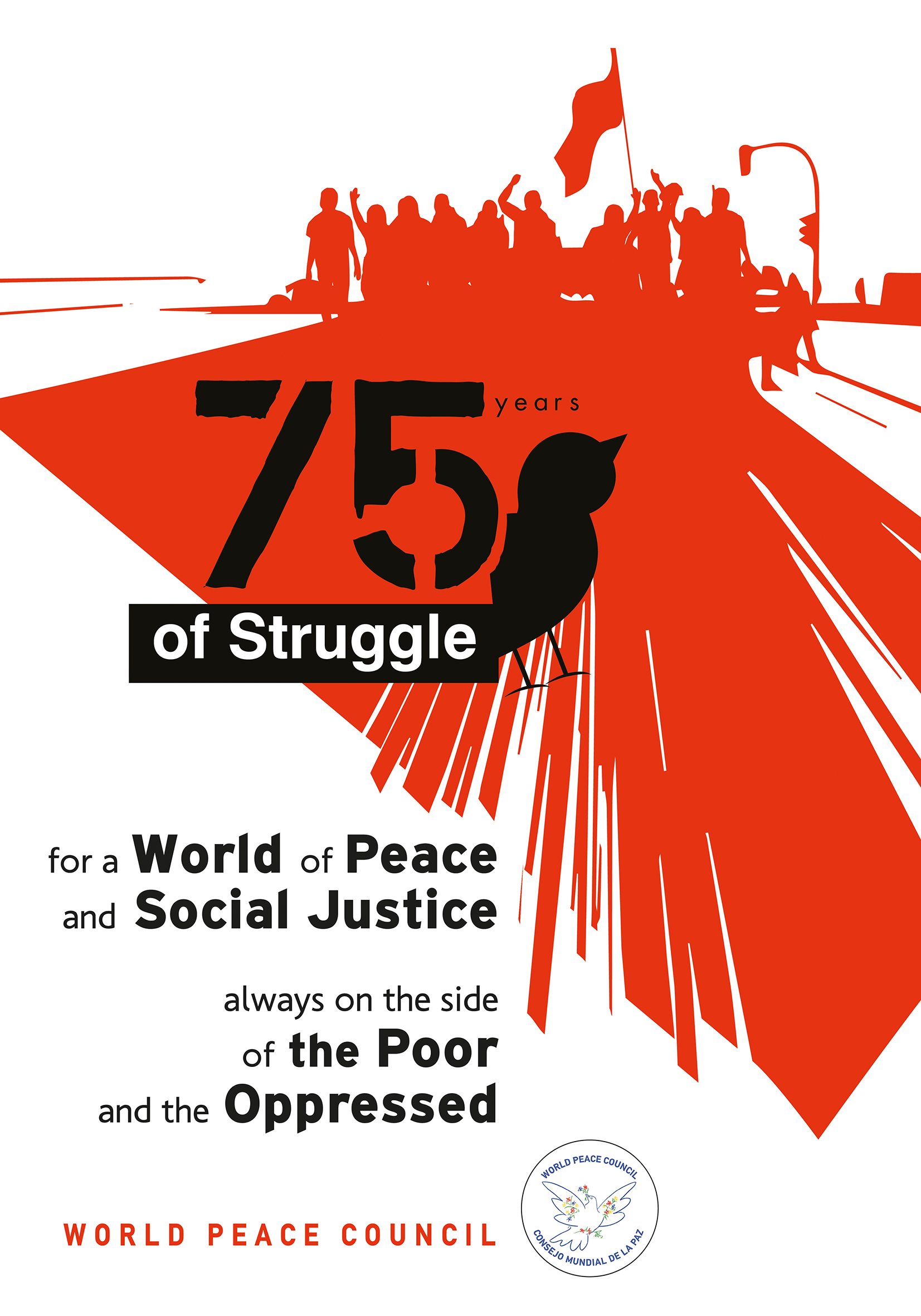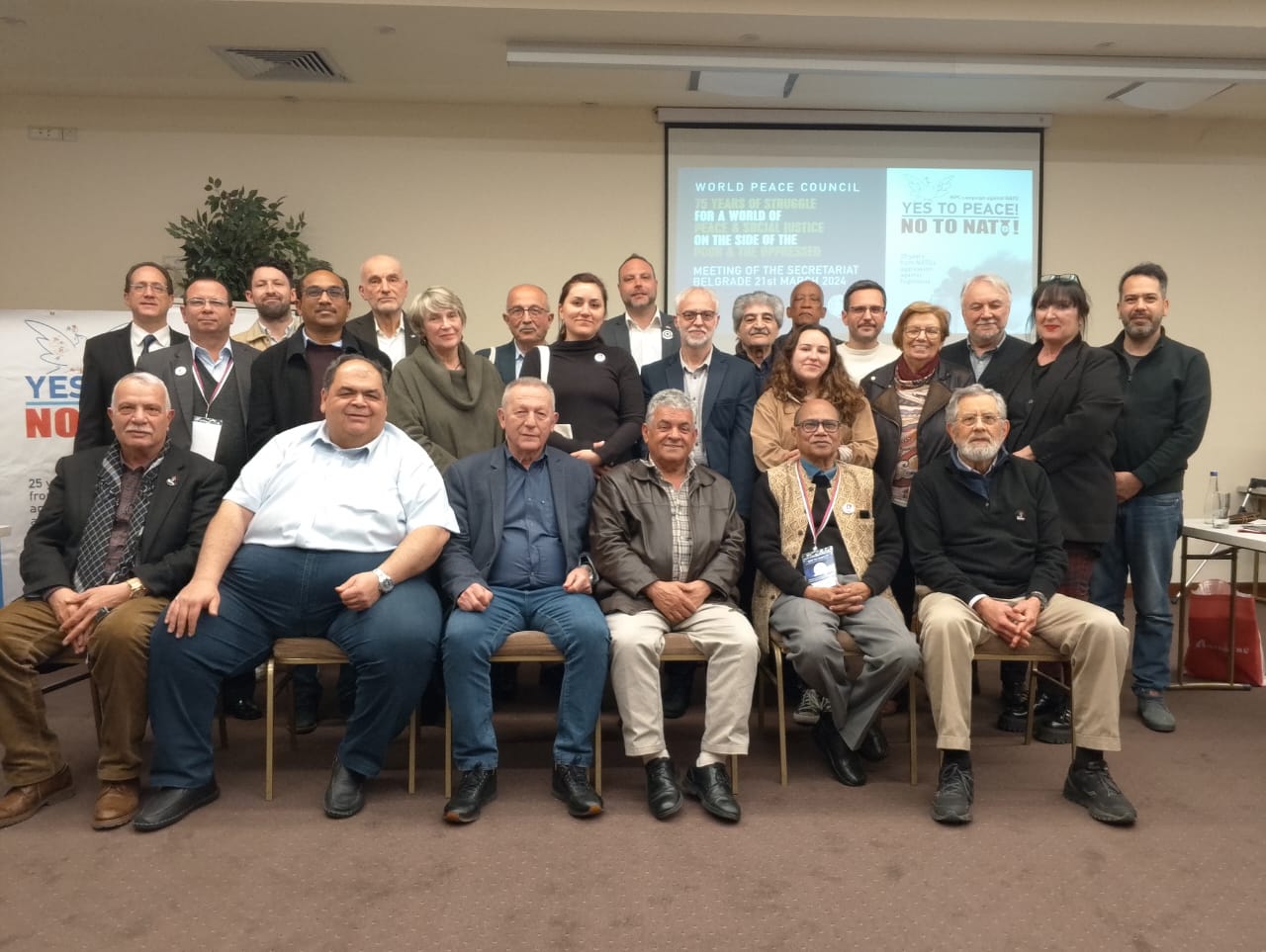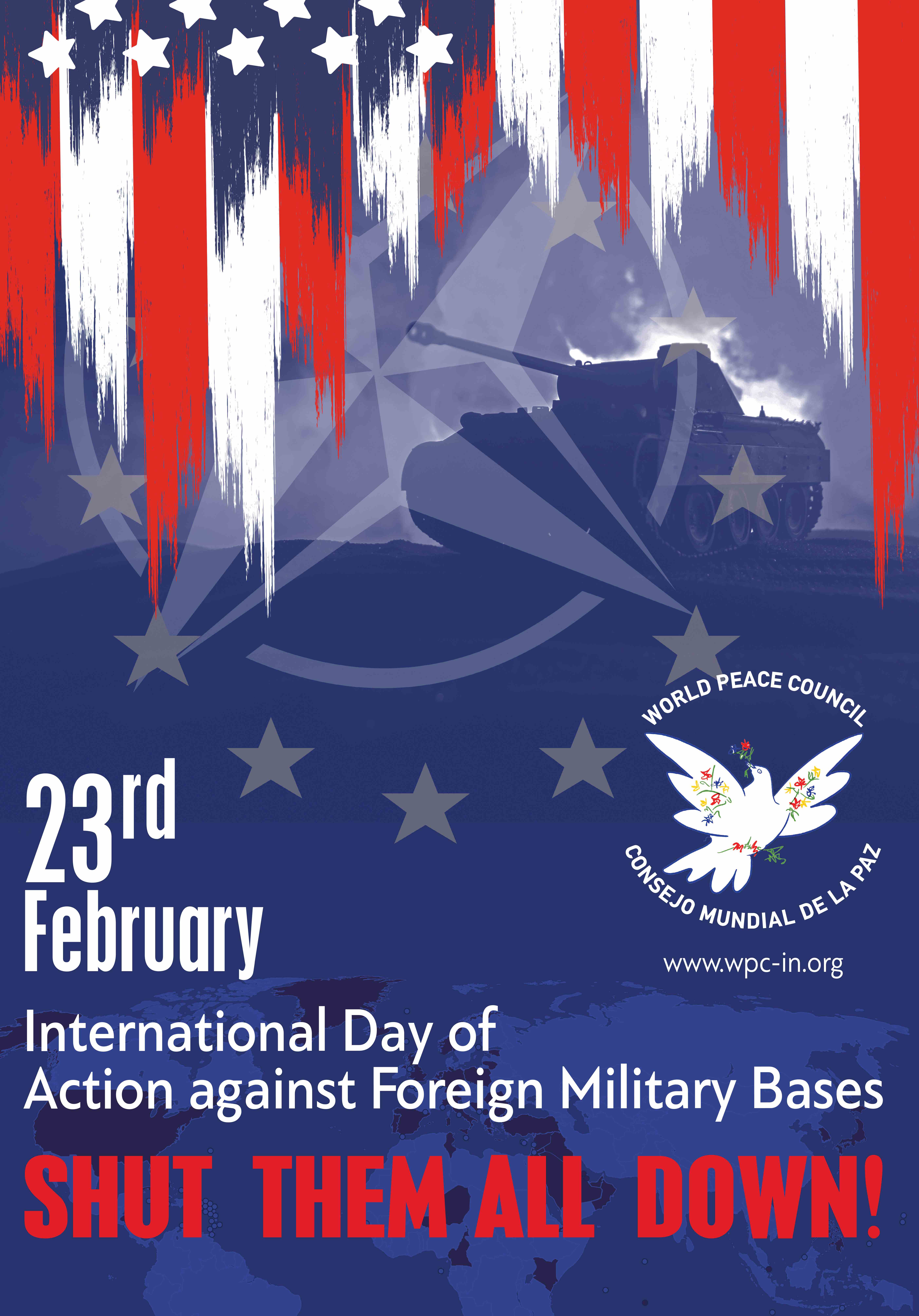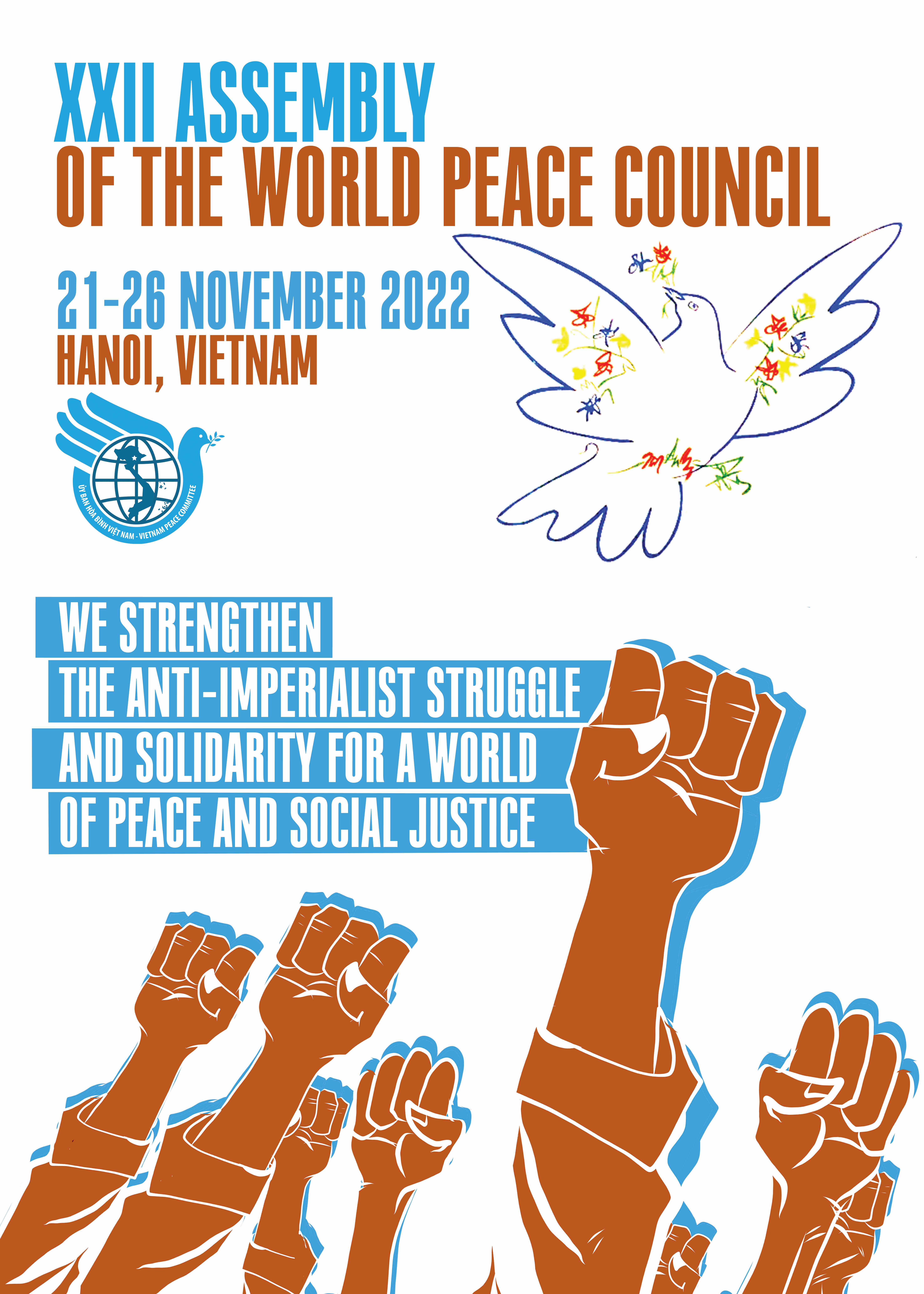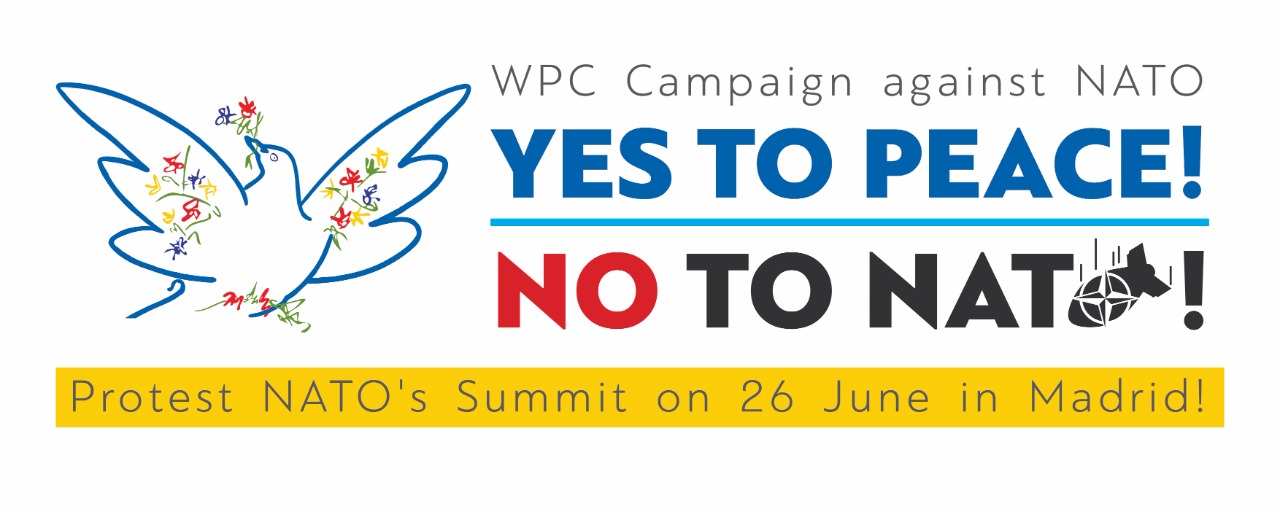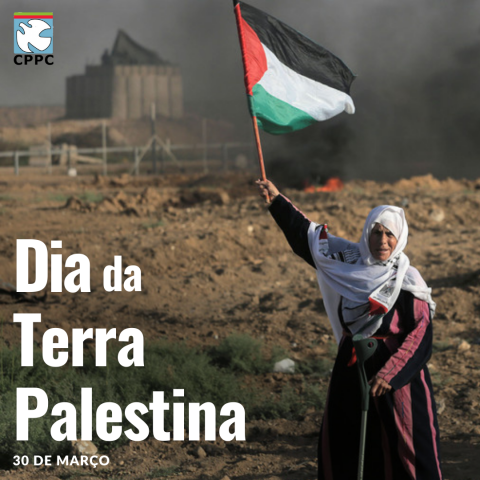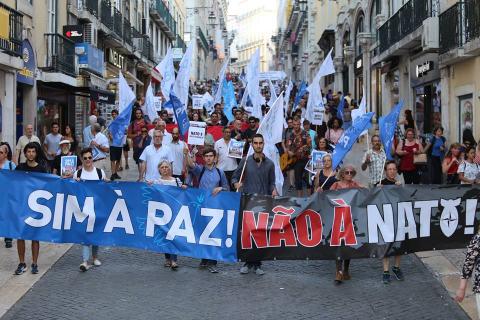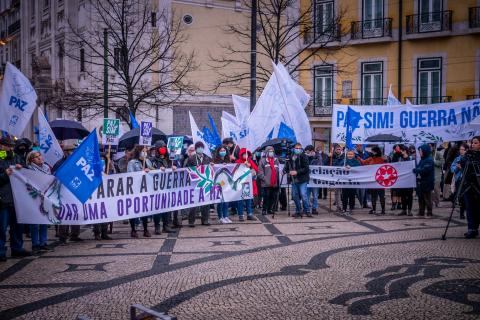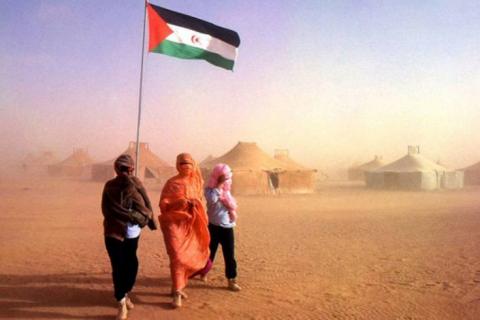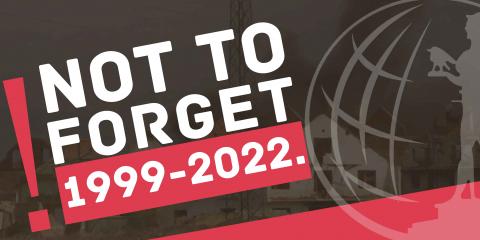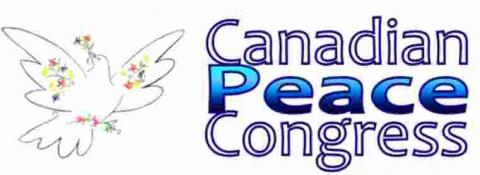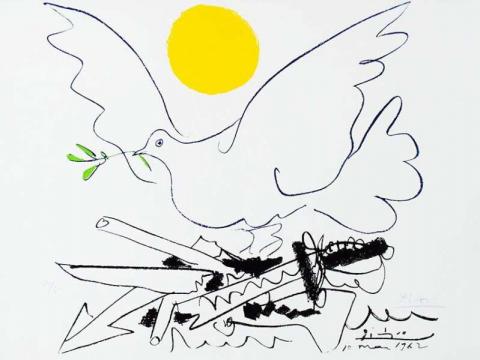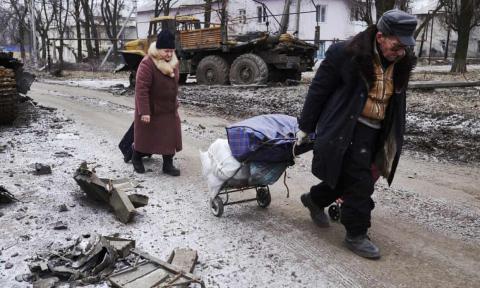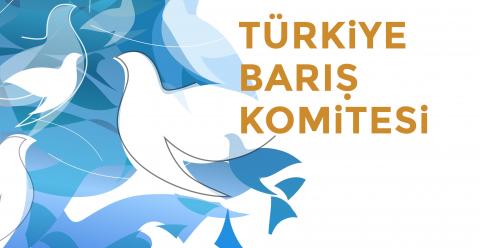The Portuguese Council for Peace and Cooperation marks and commemorates the Palestinian Land Day, which is celebrated today, March 30th., reaffirming the end of the illegal occupation of Palestinian territories by Israel and the demand for compliance with international law, namely the national rights of the Palestinian people.
The decisions of the NATO and European Union Summits, held on March 24 and 25, in Brussels not only do not contribute to seek a negotiated solution to the war in Ukraine, but align with the escalation of confrontation that they have long been promoting, namely in Eastern Europe and particularly with Russia.
In Lisbon, Porto, Viseu, Évora, Santarém and Couço, on March 10, the Portuguese Council for Peace and Cooperation organised several street actions, gathering hundreds of people all over the country, under the theme "Stop the war, give Peace a chance". They reaffirmed the pressing need to put an end to the escalation of the conflict, promote dialogue and negotiations, reach agreements that serve the interests of peace and cooperation among peoples!
On March 18, the Spanish Government, through its Prime Minister, Pedro Sánchez, supported the Kingdom of Morocco's intention to continue the illegal occupation of territories in Western Sahara, through a so-called 'statute of autonomy'.
The change of position by the Spanish Government is contrary to international law and disregards the resolutions adopted within the framework of the United Nations. These resolutions establish the respect and fulfilment of the inalienable right to self-determination of the Sahrawi people.
What we all hoped would not happen has happened The Russian Federation sent troops into Ukraine on February 24 in response to decades of relentless US-led NATO provocation. The present situation puts many serious, fundamental questions before the global peace movement.
In keeping with the tradition maintained over all previous years, the Belgrade Forum for the
World of Equals is marking March 24, remembering this day back in 1999 when the NATO
Alliance’s illegal and criminal aggression against the Federal Republic of Yugoslavia (the FRY)
began, thus paying tribute to the fallen defenders of the motherland and the killed civilians.
This aggression was the first war on European soil waged since the end of World War II. As the
bombs and cruise missiles thrown by the most powerful military machinery in the history of
The conflict in Ukraine has now entered its second week, with no end in sight. Casualties continue to rise and the flow of refugees through Poland, southern Russia and other countries grows daily. Hostilities must be brought to a quick end, and military confrontation replaced by diplomatic negotiations to stop the war before it spins out of control.
Preliminary negotiations between Russian and Ukrainian authorities have begun, but so far only reached agreement to open ‘humanitarian corridors’ for civilians fleeing some of the conflict zones.
The Portuguese Council for Peace and Cooperation (CPPC) followed with great concern the worsening situation in Eastern Europe, which led to a new escalation in the military confrontation that has been taking place in Ukraine since 2014 and to the military intervention by the
Russian Federation in that country.
The World Peace Council is its deeply troubled with the recent developments in Ukraine with the recent military escalation. We call upon all sides to restore and secure peace and international security through a constructive dialogue through political means. The Russian and Ukrainian people as well as the peoples of the region have nothing to gain from this military conflict which may reach broader dimensions.
The crisis in and around Ukraine has entered a new phase with the military operation initiated by the Russian Federation on the morning of the 24th of February.

